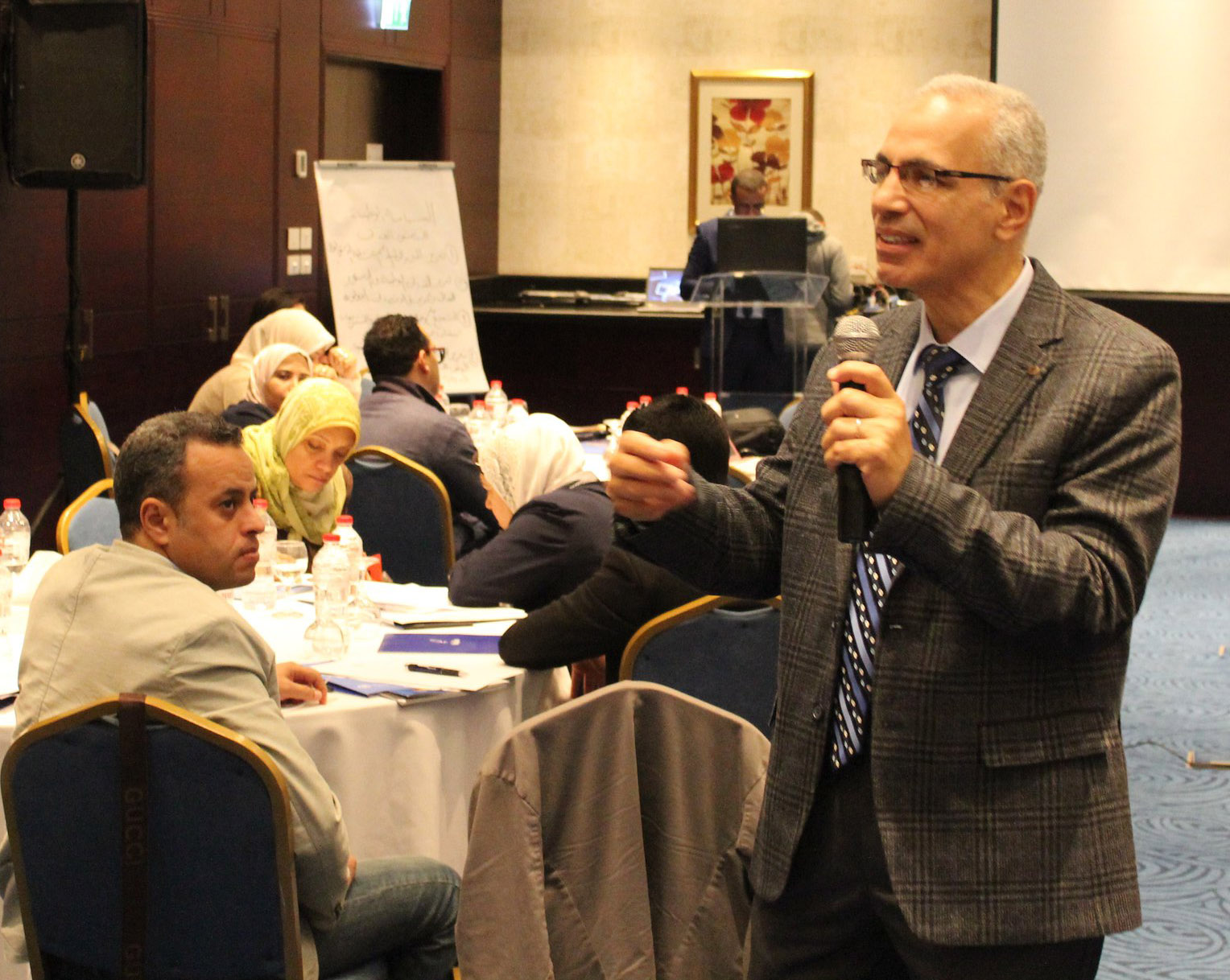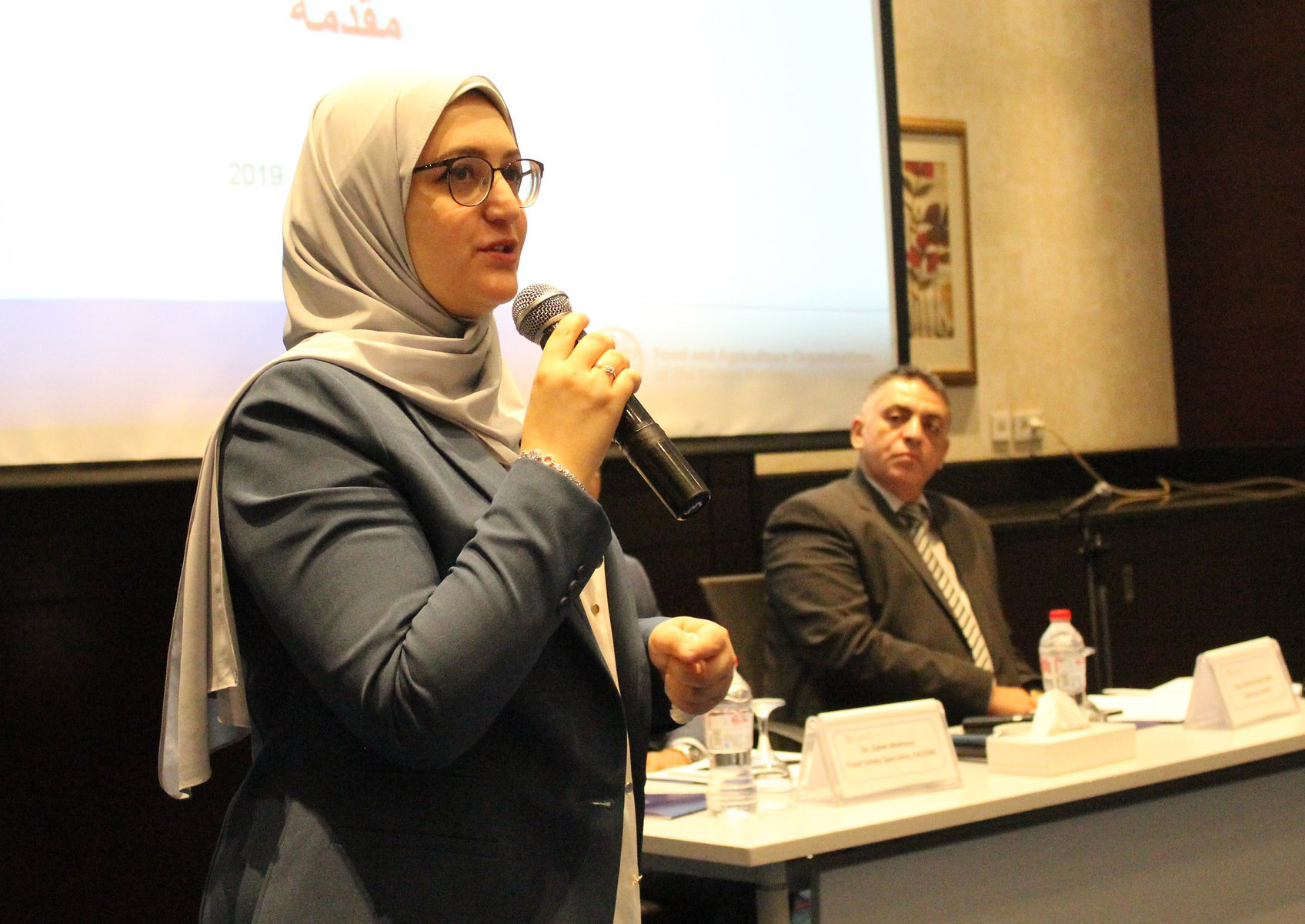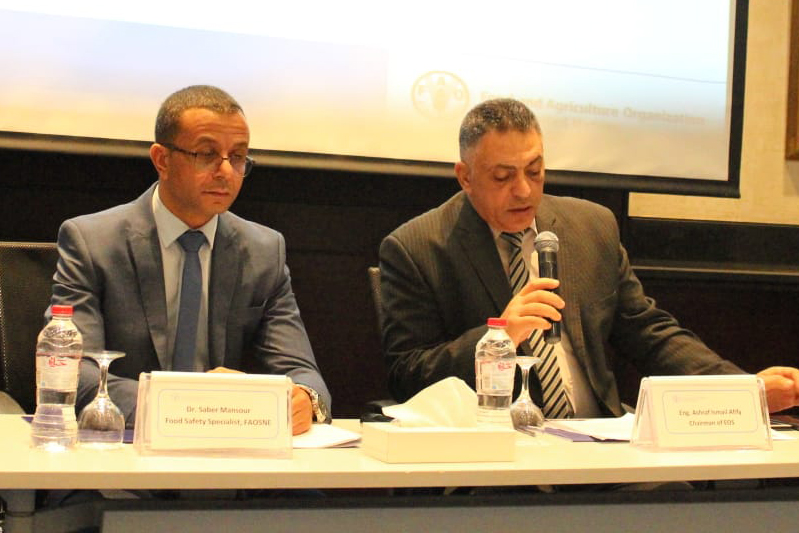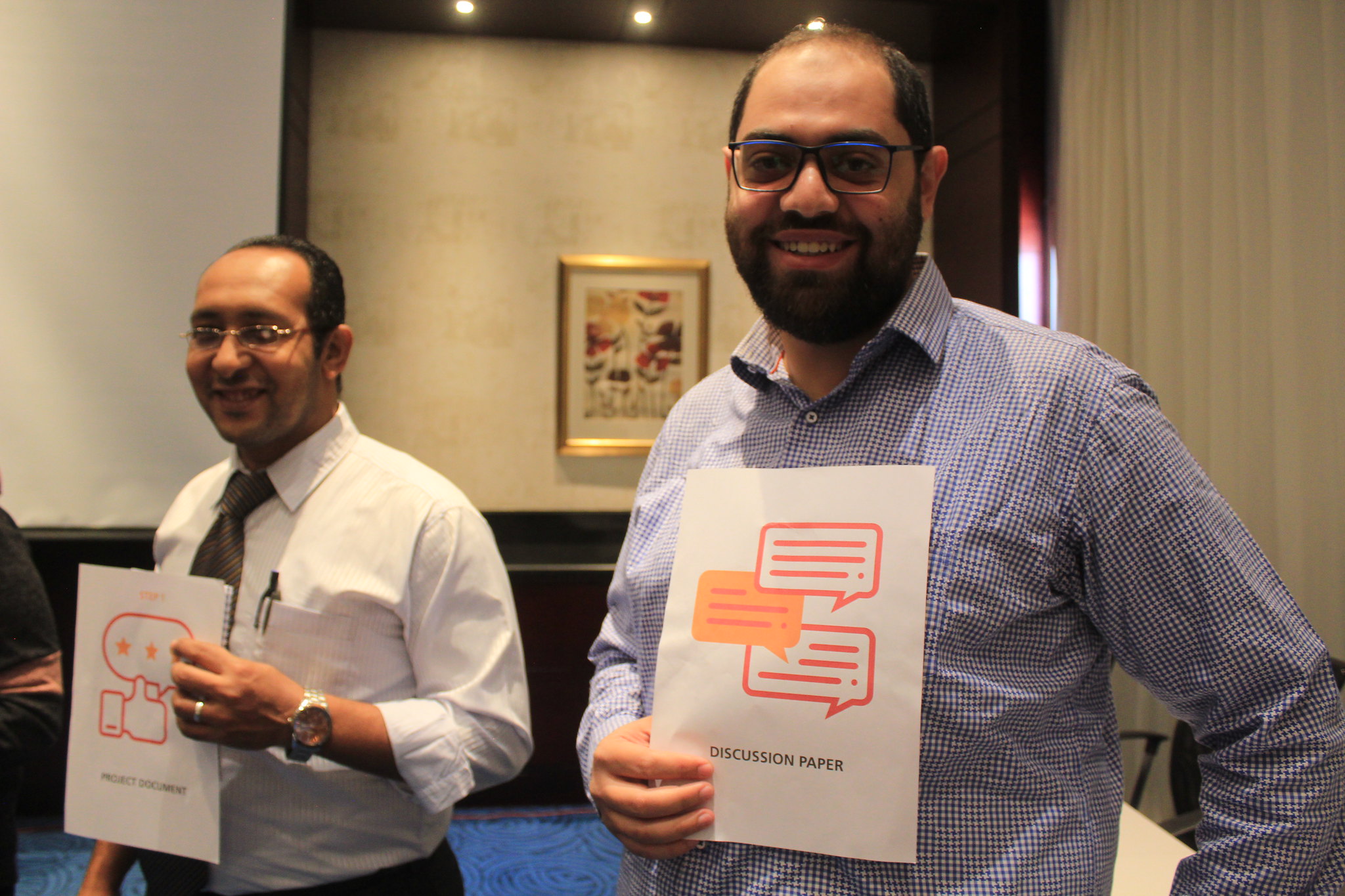The CCNE Region - Regional Coordinator Saudi Arabia
In 1999 the 23rd session of the Codex Alimentarius Commission established the Regional Coordinating Committee for the Near East, bringing together countries in the Near East Region (for FAO) and the Eastern Mediterranean Region (for WHO). The committee held its first meeting in Cairo, Egypt in 2001.
The current regional coordinator for the Near East is based in the Saudi Food and Drug Authority in Riyadh.
The coordinator’s goals in leading the region in Codex include developing and strengthening Codex Contact Points and National Codex Committees as well as improving communication and coordination amongst CCNE members, with other regions and the Codex Secretariat.
A further objective is to develop the exchange of scientific and technical expertise amongst experienced and less experienced countries in the region.
The coordinator aims to promote the use of Codex standards as a basis for national legislation and regulations and continue work developing and reviewing Codex standards taking into account regional interests.
CCNE Coordinator
All information on Codex is public and free.
For regional enquiries contact:
CCNE Secretariat
Saudi Food & Drug Authority
Riyadh, Saudi Arabia
Tel: +966 11 2038222
Ext: 3347
Email: [email protected]
Alexandria workshop maximises participation of all those involved in Codex in Egypt
FAO, in cooperation with the Egyptian Organization for Standardization and Quality (EOS), held a workshop in Alexandria from 25-27 November 2019 entitled "Supporting Codex Capacity in Egypt" to strengthen the structure and program of Codex in Egypt, to improve the food import control system in the country in order to facilitate trade and ensure food safety.

Workshop: "Supporting Codex Capacity in Egypt"
The three-day workshop took place in the context of the public/private partnership, under the supervision of the Egyptian Codex Contact Point, located in the Egyptian Organization for Standardization and Quality, in collaboration with food safety experts from FAO.
Participants included representatives from the Ministry of Agriculture and Land Reclamation, the Ministry of Supply and Internal Trade, the National Authority for Food Safety, the Veterinary Services Authority, the Faculty of Agriculture of Alexandria University, the Faculty of Veterinary Medicine of Alexandria University, the Faculty of Agriculture of Tanta University, and a representative of the Chamber of Food Industries and Companies, representatives of government agencies related to Codex work, as well as experts from FAO.

Haneen Rafik, Programme Assistant FAO - Egypt
Ashraf Afifi, Chairman of the EOS and the Egyptian Codex Committee, said: "This workshop is unique and builds on the success of the first workshop held in Cairo last October, which was followed by an assessment of all Codex activities in Egypt. In collaboration with FAO, this workshop in Alexandria – the second largest governorate in Egypt - was organized to maximize the participation of all national entities in Codex activities”.

Ashraf Afify (right) and Saber Mansour
Food safety in Egypt depends on public/private integration.
Saber Mansour, FAO food safety expert, said: “Food safety and fair practices in food trade are the two pillars on which Codex texts are built. Food safety in Egypt will only be achieved through integration between the public and private sector”. Participants benefited from the available scientific and practical academic expertise represented in universities, research centres and others along with the industrial and productive sectors and the workshop was an opportunity to join efforts to support decision makers to incorporate Codex in national food safety policies in Egypt, “which will ultimately affect the health and safety of consumers, and facilitate trade between Egypt and the world’” said Mansour.

Workshop participants discuss the Codex step process for standard development
Hanan Fouad, Director of the Food Standards Department and Rapporteur of the Egyptian Codex Committee, said: “The workshop aims at strengthening the capacity of Codex in Egypt and raising awareness of Codex-related stakeholders on the Codex system in relation to Codex at the regional and international levels, in addition to identifying strengths and weaknesses and working to improve the weaknesses of the Egyptian Codex system".
Did you know
Egypt was one of the first Arab countries to join the Codex Committee since its inception, and the Egyptian Committee for Codex was established in 1973. The International Codex Committee, which is under the Food Standards Department of the Egyptian Organization for Standardization and Quality comprises all relevant governmental, academic and research authorities, representatives of the private and public sector and consumer protection associations.
Photo Credit
Ahmed Elhelw








Leave a comment